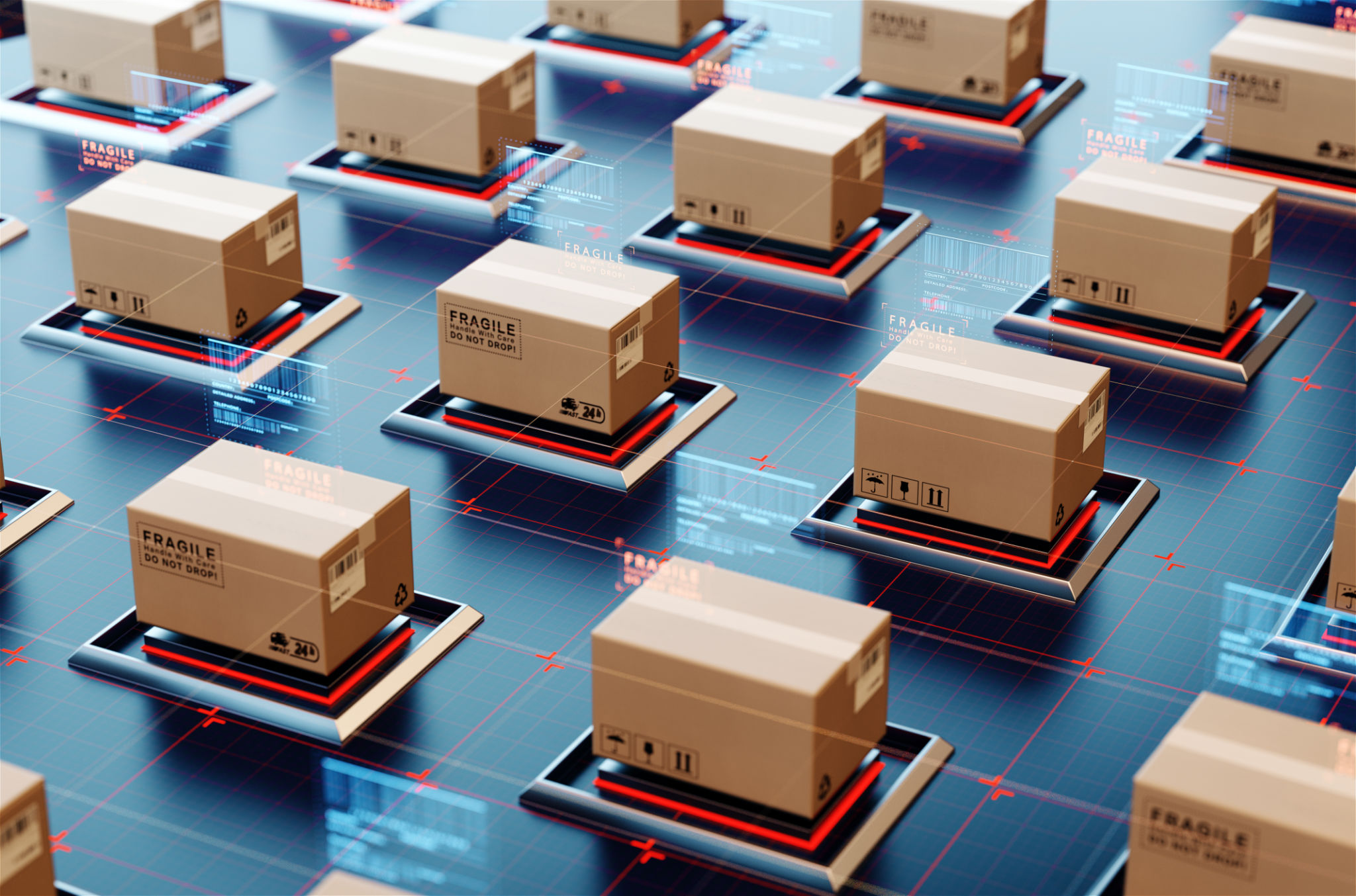The Future of Logistics: Trends Shaping Efficient Supply Chains
Introduction to the Evolving Logistics Landscape
The logistics industry is undergoing a transformation driven by technological advancements, changing consumer expectations, and the need for more sustainable practices. As we look toward the future, it becomes clear that these trends are not just reshaping logistics but are creating more efficient and responsive supply chains.
In this rapidly evolving landscape, staying ahead of the curve requires understanding the key trends that are paving the way for future success. From automation to data analytics, these innovations promise to revolutionize how goods are transported and delivered across the globe.

Automation and Robotics
One of the most significant trends in logistics is the increasing use of automation and robotics. Warehouses and distribution centers are adopting automated systems to enhance efficiency and reduce human error. Robotics technology is being used to manage inventory, pick and pack orders, and streamline transportation processes.
The integration of autonomous vehicles and drones is also gaining traction, promising faster deliveries and reduced operational costs. As these technologies continue to develop, they will play a crucial role in shaping the future of logistics, offering a seamless and efficient supply chain experience.

Artificial Intelligence and Machine Learning
Artificial intelligence (AI) and machine learning (ML) are transforming logistics by providing better insights and predictive analytics. These technologies enable companies to optimize routes, forecast demand, and manage inventory levels more effectively. By analyzing vast amounts of data, AI-driven systems can identify patterns and make informed decisions that enhance operational efficiency.
Furthermore, AI is being used for personalized customer experiences, allowing companies to offer tailored solutions that meet specific consumer needs. This level of customization is becoming increasingly important in a competitive market where customer satisfaction is paramount.
Blockchain Technology in Supply Chains
Blockchain technology is poised to revolutionize supply chain transparency and security. By providing a decentralized ledger for transactions, blockchain ensures data integrity and traceability. This technology allows for real-time tracking of goods, reducing the risk of fraud and errors while enhancing trust among all stakeholders.
As supply chains become more complex, blockchain's ability to create an immutable record of transactions will be invaluable in ensuring seamless operations. Companies that adopt blockchain technology can expect to see increased efficiency and a competitive advantage in the logistics industry.

Sustainability and Green Logistics
The push for sustainability is another trend shaping the future of logistics. Companies are increasingly focusing on reducing their carbon footprint by adopting eco-friendly practices. This includes using electric vehicles for transportation, optimizing delivery routes to minimize emissions, and implementing recycling programs in warehouses.
Green logistics not only helps protect the environment but also enhances brand reputation and meets the growing consumer demand for sustainable practices. As regulatory pressures increase, companies that prioritize sustainability will be better positioned to thrive in a changing market.
The Role of E-commerce in Logistics
E-commerce has been a driving force behind the evolution of logistics. The rise of online shopping has created a need for faster and more efficient delivery services. Logistics providers are adapting by expanding last-mile delivery options and investing in advanced tracking systems to meet consumer expectations.
The future of logistics will see further integration between e-commerce platforms and supply chains, ensuring that products are delivered quickly and reliably. This synergy will be essential as e-commerce continues to grow and reshape the retail landscape.

Conclusion: Embracing Innovation
The future of logistics is bright, with numerous trends converging to create more efficient and sustainable supply chains. Companies that embrace innovation and adapt to these changes will be well-positioned to succeed in an increasingly competitive market.
By leveraging technologies such as automation, AI, blockchain, and sustainable practices, businesses can not only improve their logistics operations but also enhance customer satisfaction. As we move forward, staying informed about these trends will be crucial for any company looking to thrive in the dynamic world of logistics.
